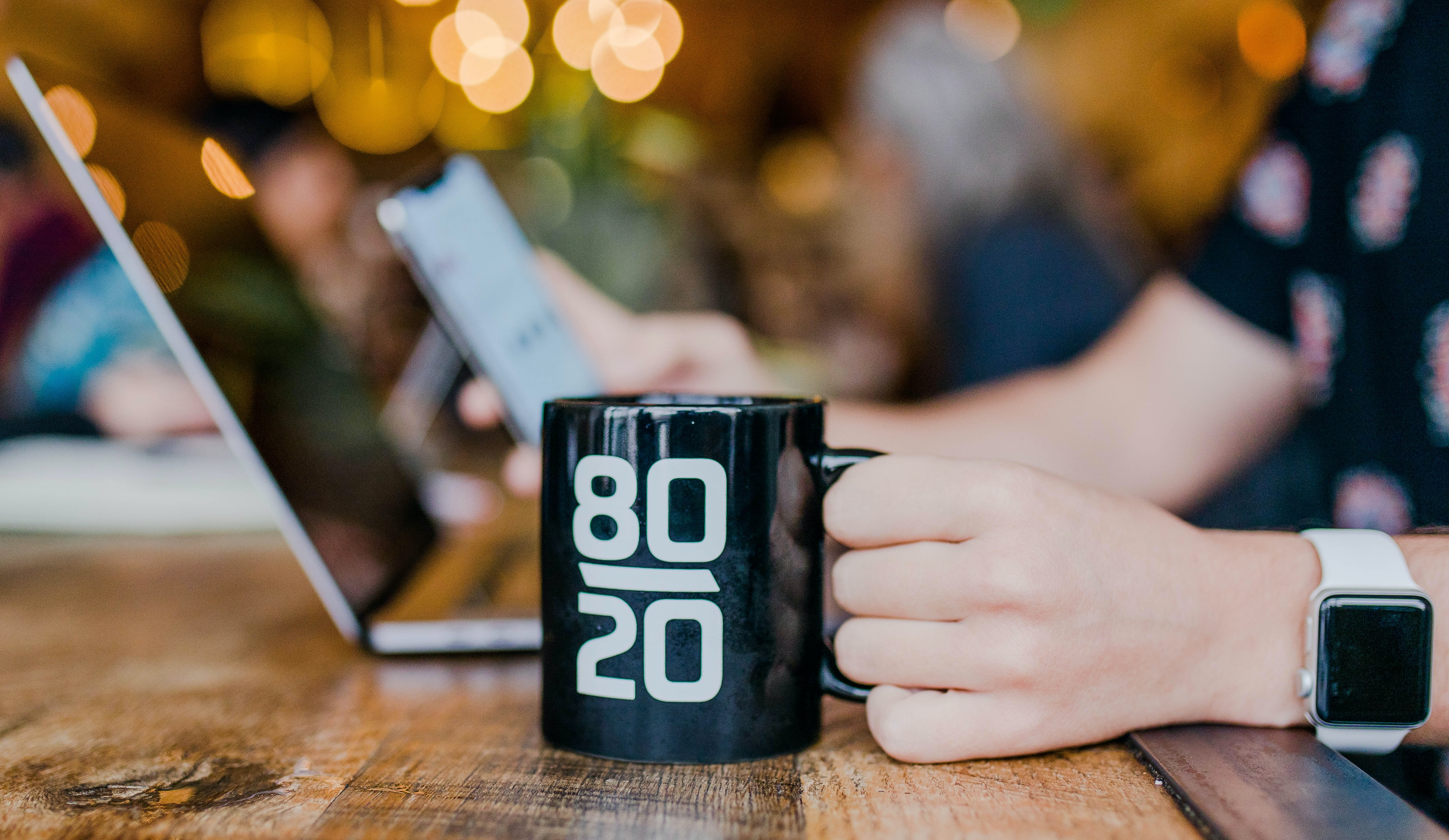It is often said that we need to focus on being productive rather than being busy. But how to really be productive? And above all, what does it mean to be productive?
Productivity is often defined as the rate at which you accomplish useful work. It sounds straightforward, doesn't it? But not always.
For me, the measure of productivity might be different. For example, some people might be more productive doing what they do best, whereas someone else might be more productive because of pace. You need to evaluate what you have to do. You have to be honest with yourself about how you're spending your time. Everyone has different values, so productivity will mean something different to everyone.
To return to the first question, how can we be more productive? Productivity doesn't mean distraction free. Suppose you are hard-working but in the wrong areas;
Suppose your net 'displacement' in life is zero, so 'work done' is zero, but at the same time you lose your energy.
Productivity isn't something that can be learned overnight. It takes a lot of effort and dedication to progress. I've learned over time that maximum productivity can be achieved through repeating a number of habits to make a productive mindset. Here's how to get started.
How To Be Productive As A Teenager: 6 Useful Tips
1. Know your 'why'
You should always know why you're doing what you're doing. Before you start, you must know your 'why'. Knowing your why will help you shape your goals, prioritize your time, and find motivation. To have a productive mindset, you must first identify your why.
The best business owners and CEOs know their 'why'. They know why they're making the decisions they make and how their decisions affect others. They know their purpose, and they rely on it to push through even when times get tough.
"He who has a why can endure any how." - Friedrich Nietzsche
2. One percentage (1%) growth every day
from jamesclear.com
One percent growth everyday throughout the year will make you 37.78 times better than what you are now.
3. Determine the tasks that make you most productive
Identify and start with those tasks that make you the most productive. The crucial thing is to identify the tasks that increase the quality of your work and the quality of your time.
I've found that I'm most productive when I'm reading, writing, and exercising. When you're able to identify the tasks that make you the most productive, you'll nurture those strengths.
You may also notice that you're not as productive when you're on social media or checking your email. This is because consuming information is not something that takes a lot of brain power, so it doesn't really increase your productivity. That leads us to our next point, which is to 'stop consuming information'.
4. Stop consuming too-much information
Knowledge is power. Unfortunately, maybe some of this knowledge you've consumed isn't actionable. Maybe it's just infotainment. It makes you feel good while you're consuming it, but afterwards it's meaningless, like you've consumed something without any nutrients whatsoever.
We all have too much to do and too much to not do, so it's important that we focus on our needs. Stop consuming information that is not necessary for what you do.
"Knowledge is not power, it is only potential. Applying that knowledge is power. Understanding why and when to apply that knowledge is wisdom!" - Takeda Shingen
5. Apply the Pareto Principle
I've found the Pareto Principle to be so useful in my life and my work. It states that for many outcomes, about 80% of consequences come from 20% of causes. These consequences might be positive or negative, which makes it all the more important to remove inefficient things from our lives.
We often think that setting too many goals will lead to more success, but what we don't realize is that setting too many can lead to unhappiness and lack of direction. Writing down your goals and then paring them down with a few questions can be highly beneficial.
It has helped me understand what really matters to me and what I should be focusing on. That brings us to the next point, which is - stop multitasking.
6. Stop multitasking
One of the best productivity tips I've learned is to not multitask. Multitasking divides our attention, and we can't fully concentrate on the task at hand. We simply weren't built to multitask and it's clear in the quality of the work we produce.
When you multitask, you incur what psychologists call 'task switch costs'. Multitasking isn't just ineffective, it's also counterproductive.
"Do one thing at a Time, and while doing it put your whole soul into it to the exclusion of all else." - Swami Vivekananda
Conclusion
The key to being productive is to set specific goals and stick with them. Start by making a list of all the things you'd like to accomplish in your day, and cross off each task as it's accomplished!
If you have any other helpful tips for becoming more productive, please share them in the comments section below.




